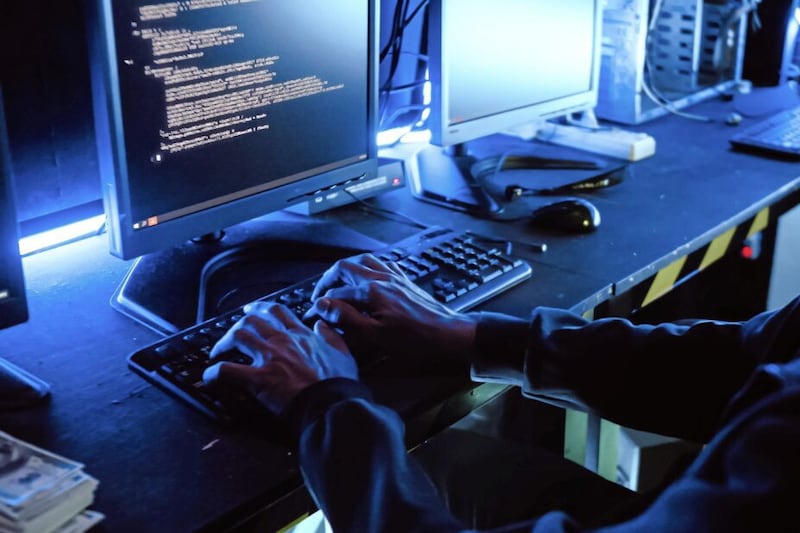DATA breaches are on the rise, and with recent statistics revealing that over 80 per cent of all breaches are caused by people, increased levels of employee frustration have been cited as a potential cause.
In an age of hybrid and remote working, many businesses have taken steps to implement heightened login security measures such as two-factor authentication as a way of keeping vital data safe.
However, with the average worker having to log in to numerous different apps and platforms every day, these measures have been criticised for causing unnecessary disruption and stress resulting in a new phenomenon termed ‘login fatigue’.
According to recent research conducted by password management platform 1Password, more than two in five employees engage in dangerous online behaviour such as sharing logins, offloading tasks to others, or even abandoning certain tasks altogether as a way of bypassing complicated login procedures – practices which can leave businesses vulnerable to cyber-attacks.
This is not to say that businesses should abandon or scale-back login measures to make life easier for their employees – instead, employers should understand the value of cyber security education.
Employees are much less likely to become frustrated by cyber security measures if they are made fully aware of their importance.
Organisations should make a conscious effort to educate and inform their employees not only about the consequences of cyber-attacks but also about the action they can take as individuals to minimise the risk of a cyber breach.
Initiatives such as European Cybersecurity Month, which takes place during October every year, can provide a valuable way for businesses to raise awareness of security features and highlight how to avoid behaviour that jeopardises company data.
Fostering a collaborative approach to cyber security within the organisation, with all staff and departments working together to ensure cyber security best practice can also help employees to better understand the importance of cyber security tools.
When it comes to reducing feelings of stress and frustration amongst staff, businesses should seek to engage with employees to learn more about their current security tools and practices, allowing for the implementation of steps to eliminate as much friction as possible without compromising on vital cyber security.
Unfortunately, with the risk of cyber-attack continuing to grow, the reality of the situation is that there will always be a degree of complexity when it comes to workplace cyber security processes.
Striking a balance between convenience and security should be a key priority for organisations to ensure they safeguard their employees as well as their business data.
:: David Armstrong is chief executive of b4b Group








